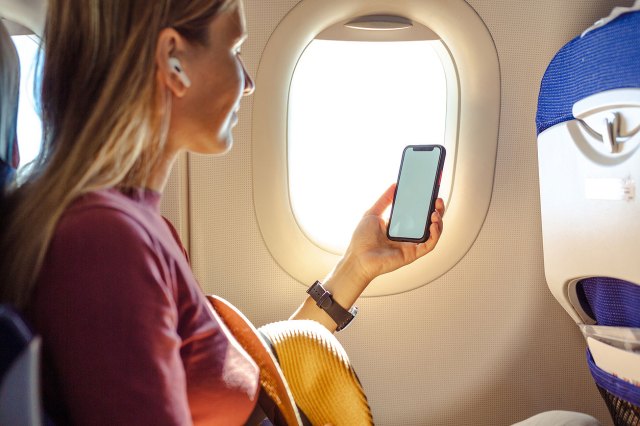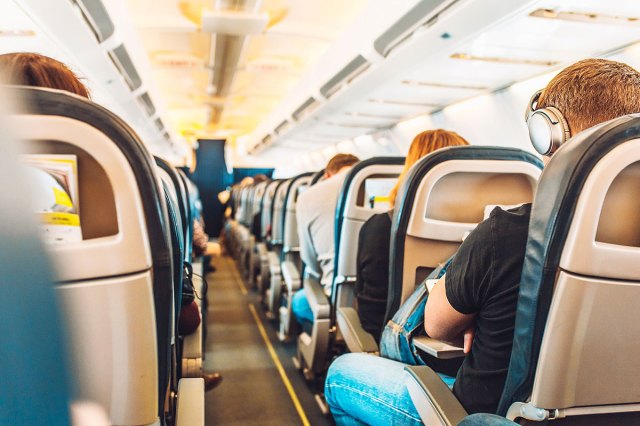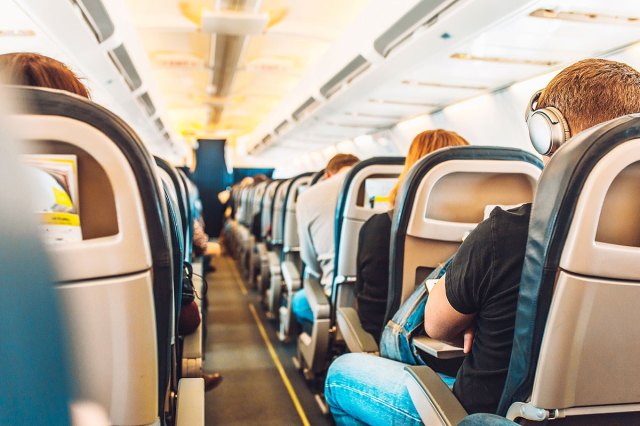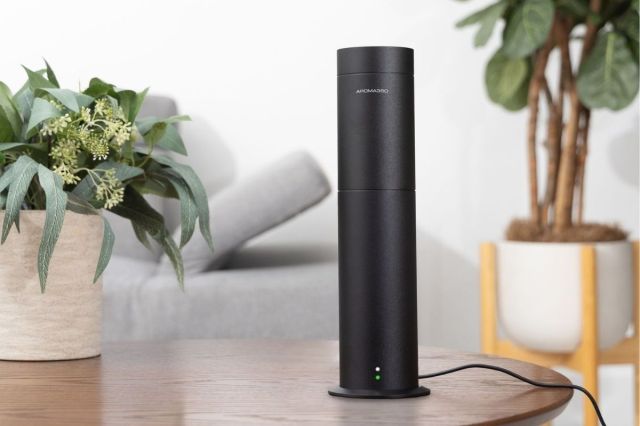It’s not just in your head — plane bloat is real. The combination of cabin pressure, lack of oxygen, and turbulence can disrupt your digestive system, making people feel bloated when flying. This condition can make fliers gassy and uncomfortable, making cramped seats, dry air, and children kicking the back of your seat even more unbearable. Here are some reasons you might develop a “jet belly” and how to prevent it.

Why You Bloat
Though commercial airliners cruise about eight miles above sea level, the cabins are pressurized to simulate the air pressure at 8,000 feet. The shifts in pressure cause the air trapped in the cavities in your body to expand and contract. This expanded air can make your ears pop, and your belly feel uncomfortably full.
Air also feels thinner at high altitudes because lower atmospheric pressure decreases the amount of oxygen available to our lungs. This reduced level, known as hypoxia, slows down digestive enzymes, stalling our stomach’s ability to move food through the gastrointestinal tract. Slow digestion means more bloating.

How to Avoid Bloating
Salty, heavy foods will sit in your stomach and may increase discomfort while you’re in the air. Don’t eat at least 30 minutes before boarding, and choose to snack on small portions of non-fatty, non-salty, non-fiber-rich foods while in the air. Lean protein, yogurt, nuts, and berries are all good choices.
Staying hydrated is also crucial. Drink plenty of water and avoid caffeinated beverages, alcohol, and carbonated beverages. Herbal teas like peppermint, ginger, and chamomile aid digestion and reduce bloating. Keeping Gas-X or over-the-counter simethicone on hand can also help break up the gas bubbles that cause that bloated feeling. Also, make sure to get up and move around while in the air to help encourage the digestive system.
Featured Image Credit: andreygonchar/ iStock
More From Our Network
Better Report is part of Inbox Studio, an email-first media company. *Indicates a third-party property.














